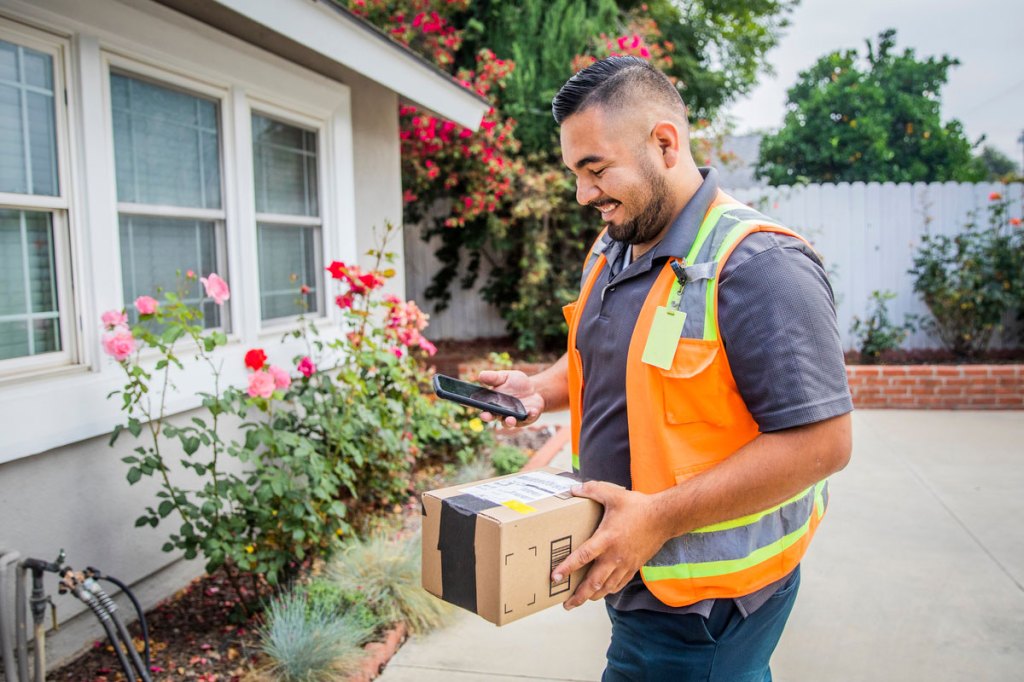Data is important to consumer packaged goods (CPG) manufacturers for many reasons: It allows businesses to accurately assess the performance of their products, understand how their products relate to competitors (and the market more generally), and gives them insight into their channel, category and geographic region. It’s hard to find a CPG manufacturer that doesn’t rely on data of any kind — internal or external—to inform at least some of their business decisions, or gauge market opportunities.
But when it comes to using external data from a partner like NielsenIQ, there are a couple common mistakes CPG manufacturers tend to make. Mostly, these arise from the sheer volume of information available. CPG manufacturers can sometimes set their sights too broadly and want to access more data than they can plausibly analyze or use. The opposite is also sometimes true. A manufacturer might, for example, exclude a critical data set in a mistaken belief that it’s not valuable or applicable to their business.
Here’s a closer look at two ways not to use external data, and how CPG manufacturers can avoid these mistakes.
Biting off more than you can chew
With all of the data available from a partner like NielsenIQ, it’s tempting to want to see it all. But more isn’t always better, particularly for a small or mid-sized manufacturer. For example, a CPG manufacturer might decide it wants three years of historical data covering 60 markets across 80 different metrics. That’s a massive amount of information! Unless that manufacturer has a sophisticated in-house analytics tool or a team of 10 analysts on staff, it’s unlikely they’ll get much value from such an ocean of data.
Instead, small and mid-sized CPG manufacturers are often better served by starting small and focusing on one or two areas where the right data can really move the needle for their business. By taking this approach, they can achieve the impact they’re looking for while avoiding being overwhelmed by a crushing volume of information given their current goals and objectives. And if it’s needed, they can always access additional data later (and get help deciding what will drive the desired ROI at each stage in their business) as data proves an ROI.
Not looking at the right data
Of course, identifying those data sets can be its own challenge, particularly if a CPG manufacturer has already made up his or her mind as to what data is relevant to the business. For instance, say a manufacturer is looking to get its product placed on Retailer A’s shelf for the first time. Because the manufacturer’s product isn’t yet stocked by Retailer A, there’s no value in pulling data about how the product category as a whole is performing at Retailer A, since their product won’t be a part of that data set.
This approach is problematic because it doesn’t take into account Retailer A’s thought process. It also doesn’t consider how account-level data can help the manufacturer tell a better story to get its product placed at that retailer’s stores. Retail buyers are interested in increasing sales in their stores. If a manufacturer can demonstrate that their product will bolster an underperforming category—or attract new customers because of its unique appeal to a certain demographic—then the buyer will be receptive. But manufacturers can’t tell that story without data, or by limiting the data they use strictly to their own product’s performance metrics. CPG manufacturers need access to data that lets them make the most compelling case possible to their retail buyers. The only way to know what that data is is to see things from the buyer’s perspective, and to listen to expert advice.
Many CPG manufacturers recognize the power of data, both in their buyer meetings and in other aspects of their businesses. By avoiding the common mistakes of trying to get all the data at once, and having preconceived notions about the kinds of data they need, they can multiply the impact of the data they receive. NielsenIQ can help CPG manufacturers identify what data they need, and what data they don’t. Contact us today to get started.



